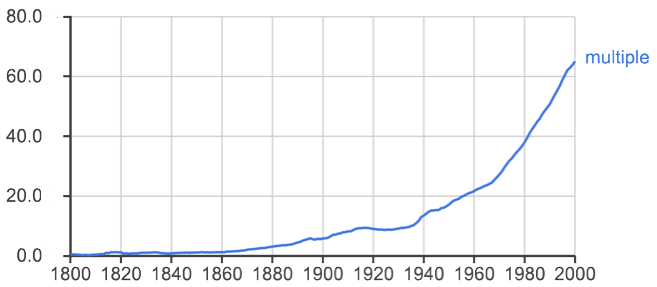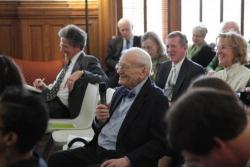Those LLog readers who aren't already Radiolab listeners should give their latest episode on translation a listen. There are 8 stories packed into this one episode, a few about language and a few not-so-much, but all of them well-worth the price of admission.
But I'm not just here to promote Radiolab. I'm also here to comment on something that happened in this episode that I am now very curious about (curious-enough-to-blog-and-solicit-comments curious, not curious-enough-to-do-some-real-research-of-my-own curious). There's a point in the show where one of the show's hosts (Jad Abumrad) warns listeners that there's going to be some raunchy language used and discussed for the next several minutes; even though the putatively offensive words were bleeped out in the version I listened to (via my iTunes podcast subscription), it was clear that I wouldn't have wanted my 5-year-old child to hear the piece so I appreciated the warning.
But at the very end of the episode, something very different happens. With no warning whatsoever, long strings of uncensored expletives assaulted my ears. I was wearing headphones and nobody else was around, but still I wondered: where was the warning? Why was there no bleeping? And then I realized that I wasn't listening to people speaking English anymore, but rather people swearing in other languages — and the first one was Spanish, which I am also a native speaker of.
But still: is Radiolab's audience (and their innocent children!) not at least potentially multilingual? Why the bleeping of English words and the elaborate warning preceding a story about their use, but no warning or bleeping whatsoever about the same sorts of words in other languages? It's not like I ever understood this sort of censorship and prudishness in the first place, but now I'm royally confused.
Comments?

